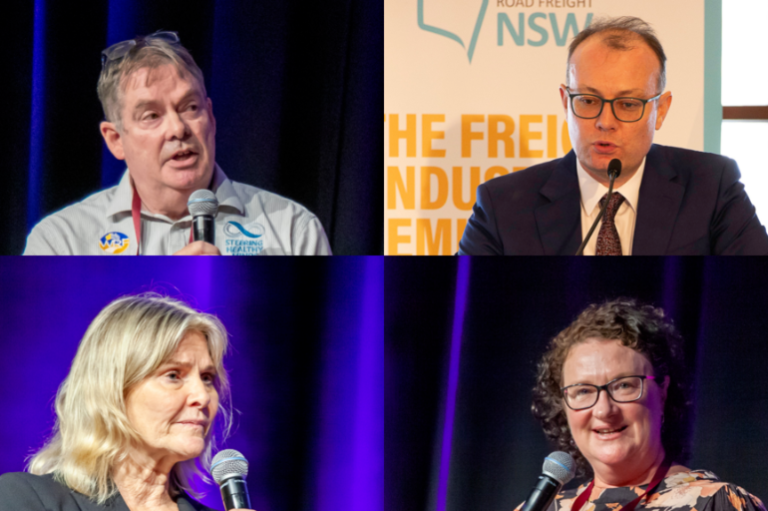Four ATA member associations have urged the federal, state and territory governments to incentivise transport operators to transition to alternative fuel vehicles (AFVs).
Western Roads Federation (WRF), Road Freight NSW (RFNSW), NT Road Transport Association (NTRTA) and the Tasmanian Transport Association (TTA) agreed that there must be greater support for industry, like low-emissions freight financing and other commercial incentives.
WRF CEO Cam Dumesny said it was imperative that governments consult transport operators, as the transition to AFVs will require financial support as well as technological, system design and cultural changes across industry.
“Our governments need to ask transport fleet operators what initiatives are needed to foster the move to AFVs,” Mr Dumesny said.
RFNSW CEO Simon O’Hara said most of its members couldn’t afford to decarbonise their fleets and transition to alternative fuels such as EV, hydrogen and CNG.
“As an industry, we are committed to helping achieve Australia’s ambitious net zero target. But it’s just not viable for operators, given the current cost-of-living pressures, increased operational costs and the series of barriers they’re facing in switching to low emissions transport technologies,” Mr O’Hara said.
NTRTA Executive Officer Louise Bilato warned that alternative fuels will add to escalating cost-of-living pressures throughout rural, regional and remote communities.
“Realistically, decarbonisation of the freight task across remote Australia will be achieved by increased access for higher productivity vehicles well into the next decade, whilst engineering solutions to address the tyranny of distance catch up,” Ms Bilato said.
TTA Executive Director Michelle Harwood said under Tasmania’s climate change legislation, the transport industry was a key focus for emissions reduction and the first industry-specific emissions reduction and resilience plan is being established in the state.
“Our capacity to support Tasmania’s net zero status now and into the future depends on a clear transition plan that acknowledges the nature of the transport task, the realistic alternate fuel options available for adoption, and the economic impacts of increased costs of alternate and low emissions transport services,” Ms Harwood said.
The call followed a report by Curtin University logistics researcher Samson Fu.






